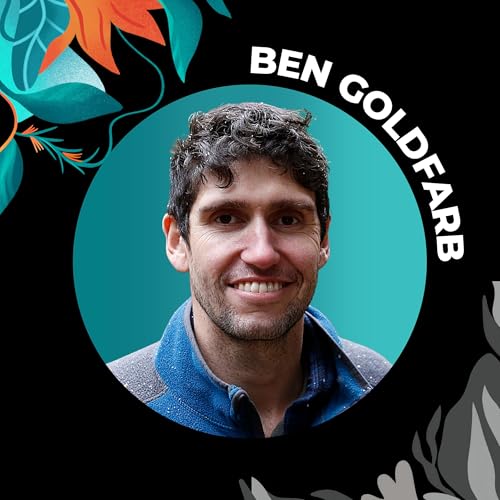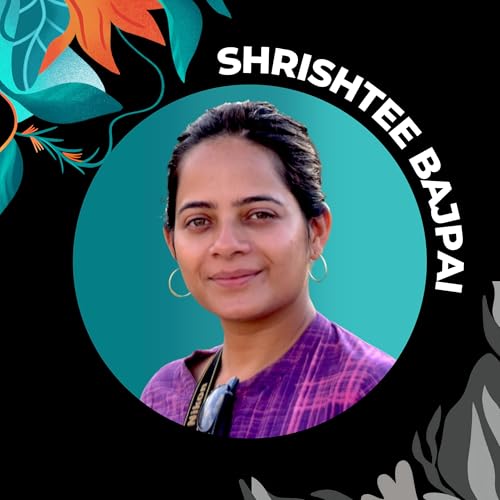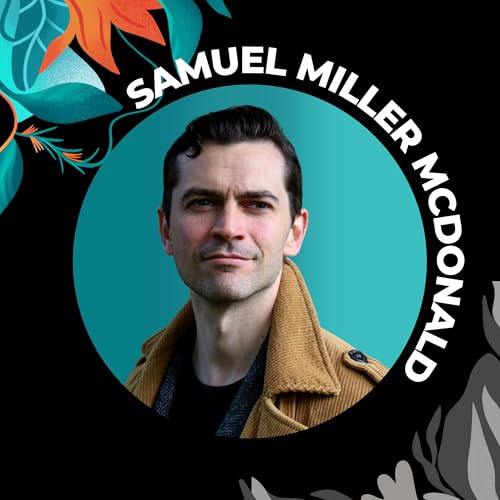For 5,000 years civilizations have told themselves stories of progress. Today, the progress myth has become humanity's most dangerous illusion. Samuel Miller McDonald, geographer and author of Progress: A History of Humanity's Worst Idea, illuminates the destructive lineage of progress, why these myths endure, how they enable socially and ecologically parasitic societies, and what values might guide us beyond them. Highlights include:
- How narratives of progress have persisted from Mesopotamia to today, and how those narratives have persisted even as the means of material subsistence and political economy have changed enormously over time;
- How the progress narratives of today are primarily divided into four camps: techno-liberal, Silicon Valley's android kingdom, the social justice vanguard, and right-wing grifters and political opportunists;
- How the ecological, energy exchange relationships of mutualism, commensalism, and parasitism offer a framework for understanding human societies' concrete and abstract energy capture historically and in the present;
- Why long-lived societies tend to be mutualistic or commensalistic with animistic, biophilic worldviews and egalitarian practices, while parasitic societies collapse due to the ecological and social destruction they cause;
- How parasitism has evolved across three broad ages of mythical, secular, and today's economistic, fossil-fueled, and globalized capitalist network;
- Why neoliberalism, the latest economistic project, is so resilient - and how it prioritizes economic growth over political rights, co-opts reformist movements and exploits the human cooperative impulse while entrenching corporate power at the expense of democracy;
- Why elite fantasies of transhumanism and off-planet escape are dangerous and delusional extensions of parasitic growthism;
- What more mutualistic and commensalistic alternative paths forward might look like, from agroecological local systems and rewilding to indigenous land rights, fossil fuel bans, rejecting AI, and class struggle - all guided by values of biophilia, fairness, and restraint.
See episode website for show notes, links, and transcript:
https://www.populationbalance.org/podcast/samuel-miller-mcdonald-2
OVERSHOOT | Shrink Toward Abundance
OVERSHOOT tackles today's interlocked social and ecological crises driven by humanity's excessive population and consumption. The podcast explores needed narrative, behavioral, and system shifts for recreating human life in balance with all life on Earth. With expert guests from wide-ranging disciplines, we examine the forces underlying overshoot: from patriarchal pronatalism that is fueling overpopulation, to growth-biased economic systems that lead to consumerism and social injustice, to the dominant worldview of human supremacy that subjugates animals and nature. Our vision of shrinking toward abundance inspires us to seek pathways of transformation that go beyond technological fixes toward a new humanity that honors our interconnectedness with all beings.
Hosted by Nandita Bajaj and Alan Ware. Brought to you by Population Balance.
Subscribe to our newsletter here: https://www.populationbalance.org/subscribe
Support our work with a one-time or monthly donation: https://www.populationbalance.org/donate
Learn more at https://www.populationbalance.org
Copyright 2025 Population Balance
 1 h
1 h Nov 25 202556 m
Nov 25 202556 m Nov 11 202555 m
Nov 11 202555 m Oct 28 20251 h y 3 m
Oct 28 20251 h y 3 m 57 m
57 m 1 h y 29 m
1 h y 29 m 1 h y 4 m
1 h y 4 m 1 h y 17 m
1 h y 17 m
